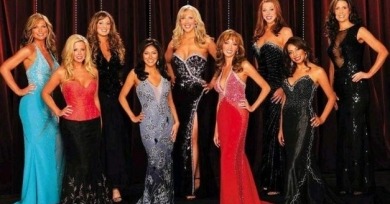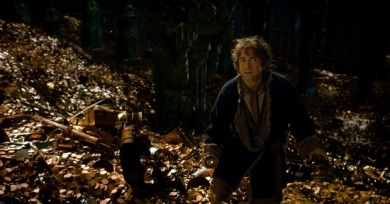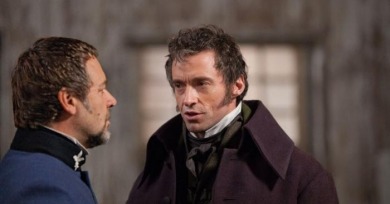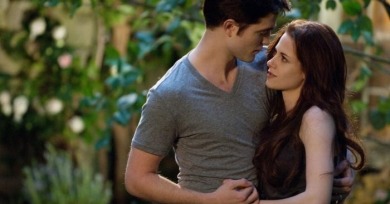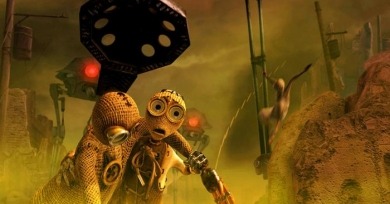Tyson Kubota
Saw and The Swan are only a decade old, but both now seem like relics from a time when it was a novelty to fixate on the body and its destruction; they represent blunt, perhaps unintentional, stabs at integrating ultraviolent, mutilation-based horror into a mass-audience aesthetic.
Peter Jackson has directed five J. R. R. Tolkien films so far this century. In the end, the movies in that universe will span two trilogies and nearly a full day’s run time.
Hooper clearly intends these ornate visuals to complement the thundering music, but the effect can be exhaustingly redundant, especially as the film’s uneven vocals underline the clumsiness of its audiovisual furor.
The Twilight franchise has a reputation for lacking subtlety. The choice between a shirtless werewolf boy-man (Team Jacob) and a sparkling vampire (Team Edward) has thus far been the series’ major cultural contribution.
For most of the past decade, as the death knell has sounded repeatedly for American studio-produced hand-drawn animation, a new set of clichés have come into being for—mostly computer-animated—family movies.
The premise of Departures, this year’s Oscar winner for Best Foreign-Language Film, is unintentionally relevant in light of the recent global economic meltdown and consequent occupational erosion.
